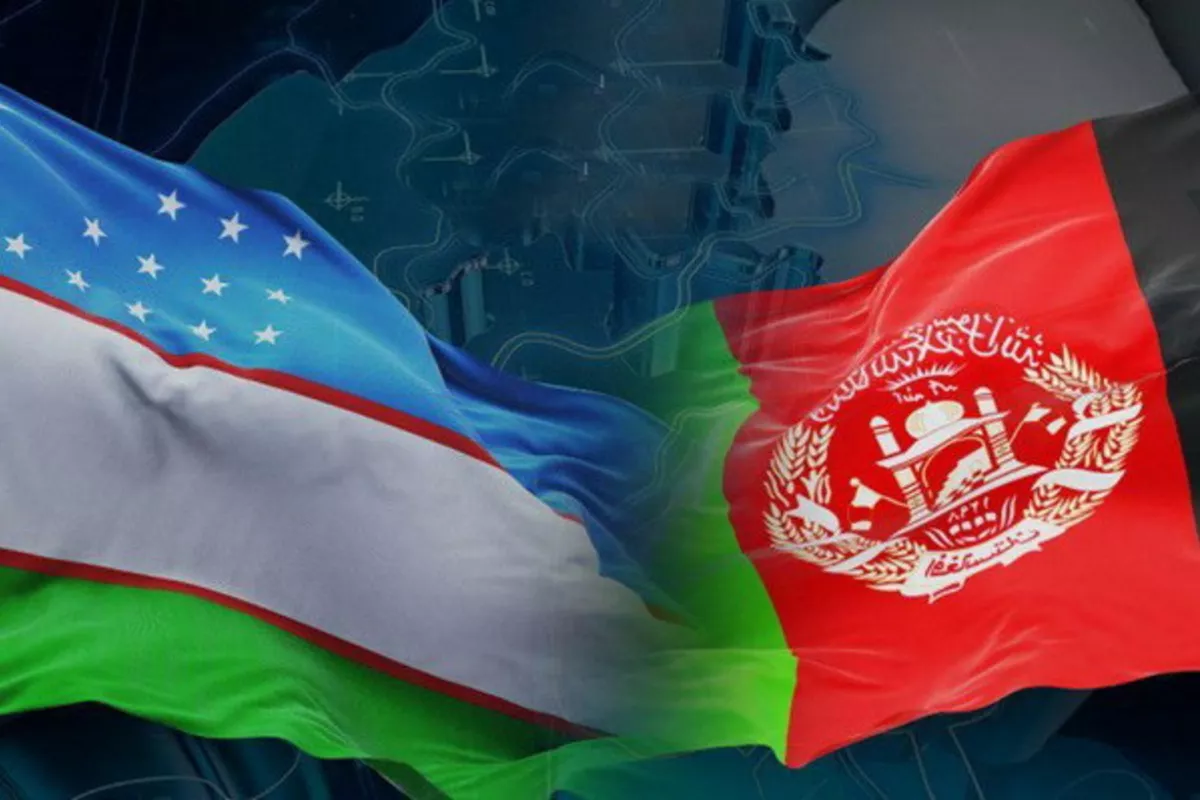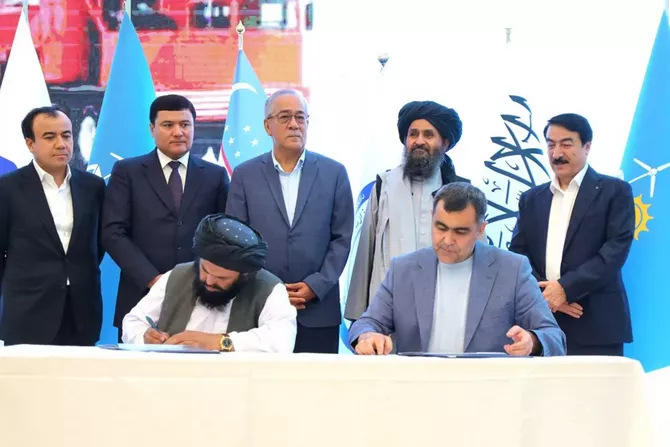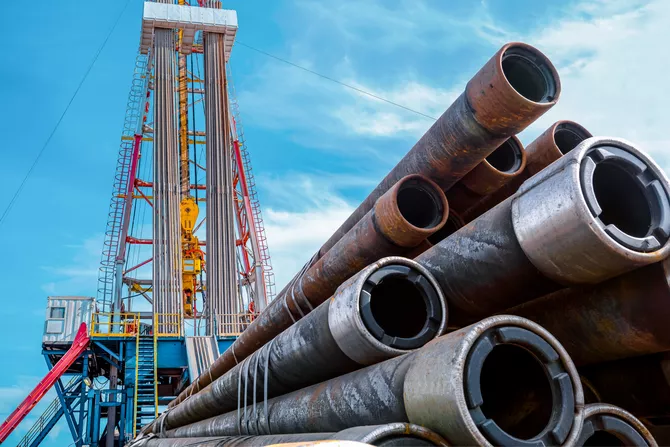
The recent launch of a major gas exploration and production project at the Tuti-Maidan field in northern Afghanistan is more than just another energy initiative. It is a powerful symbol of how two neighboring countries - Uzbekistan and Afghanistan - are steadily deepening their ties, creating a foundation for long-term economic growth and regional stability.
On September 14, in the Afghan provinces of Jawzjan and Faryab, the joint Uzbek-Afghan company Eriell KAM officially began work at one of Afghanistan’s largest natural gas deposits. During the opening ceremony, Afghan Deputy Prime Minister for Economic Affairs Abdul Ghani Baradar emphasized that this project is a clear signal to all investors: Afghanistan is open for business and ready to create favorable conditions for foreign capital. As he rightly noted, the initiative will help Afghanistan reduce its dependence on imported energy, generate new jobs, and even lay the groundwork for future gas exports - turning the country from a consumer into a potential supplier of the “blue gold.”

Photo: Ariana News
The scale of the Tuti-Maidan field is impressive. Spanning an area of about 7,000 square kilometers, it is estimated to hold around 3 trillion cubic meters of natural gas. The investment agreement, signed in the fall of 2024 between Uzbekistan’s Eriellcom, Afghanistan’s AERL Group, and KAM Energy Company, has a 25-year term. Under its terms, Uzbekistan will invest $100 million annually, reaching a total of $1 billion over the first decade alone. During the first two years, the extracted gas will primarily be used to generate 100 MW of electricity, addressing Afghanistan’s acute energy shortages. Later, the gas will be transported to Uzbekistan for processing, with part of it returning to Afghanistan to meet domestic demand.
This project is no surprise to those who have followed developments in the region. For Tashkent, it is a logical continuation of a carefully thought-out energy strategy aimed at strengthening its own security while simultaneously contributing to Afghanistan’s economic revival. Experts believe that this cooperation will not only make Uzbekistan more energy independent but also transform it into a leading energy player in Central Asia. At the same time, Afghanistan will gain access to critical infrastructure and resources, helping it take its first steps toward sustainable development.
These agreements are part of a much broader trend. Over the past year, Uzbekistan and Afghanistan have been steadily building an atmosphere of trust and mutual understanding. In April 2025, the two sides agreed to implement a mechanism for regularly addressing trade barriers, while also discussing the development of transport and logistics networks. They decided to create joint business councils for the pharmaceutical, construction, and food industries under the supervision of their respective chambers of commerce.
Just a month later, they went even further. New agreements were reached to expand trade, develop transportation, and increase the flow of electricity from Uzbekistan to Afghanistan during the summer months - at reduced rates. Importantly, both governments reaffirmed their commitment to building the Hairatan-Herat railway, a key component of a strategic corridor that will link Central Asia with the Middle East.

Photo credit: energycapitalpower.com
During the same period, Afghan and Uzbek entrepreneurs signed over 30 agreements worth up to $50 million, reflecting the growing appetite for cross-border business ventures. Afghanistan’s Ministry of Industry and Trade praised Uzbekistan’s unwavering support, not only in economic matters but also on the international stage, where Tashkent has repeatedly advocated for Afghanistan’s integration into regional projects.
July 2025 marked another milestone with the signing of a framework intergovernmental agreement between Uzbekistan, Afghanistan, and Pakistan. This agreement focuses on the technical and economic feasibility study for a railway linking Uzbekistan’s Termez with Pakistan’s Kharlachi, via Afghanistan. The ambitious project, once completed, will form the backbone of the Trans-Afghan Railway, transforming the region into a unified transportation hub and boosting its geopolitical significance.
Agreements reached at the same time included tax reductions on Afghan exports to Uzbekistan and the creation of joint trade centers. In parallel, a trilateral meeting with representatives from Azerbaijan, Afghanistan, and Uzbekistan explored opportunities for joint investment in sectors ranging from geological exploration of hydrocarbons and minerals to cement production in northern Afghanistan.
Cooperation between the two neighbors is not limited to economics. After a devastating earthquake struck eastern Afghanistan in August 2025, Uzbekistan was among the first to respond, sending 265 tons of humanitarian aid, including food, bedding, and over 10 tons of medicines and medical supplies. This act of solidarity highlighted the depth of the relationship and underscored the humanitarian dimension of their partnership.
The trajectory of Uzbek-Afghan relations is clear: it is moving upward, expanding into virtually every sphere of cooperation. This is not simply a series of transactional deals - it is the emergence of a genuine strategic partnership. The trust being built between Tashkent and Kabul serves as an example to the wider region, proving that even in a complex geopolitical environment, nations can find common ground and work toward shared prosperity.
As these initiatives take root, Uzbekistan and Afghanistan are laying the groundwork for something far larger than bilateral trade or energy projects. They are creating a regional model of cooperation that could serve as a counterbalance to instability and external pressures. If this partnership continues to grow, it has the potential to transform Central Asia into a zone of connectivity, resilience, and mutual benefit - a future in which neighbors are not rivals, but partners in building peace and stability.
Share on social media